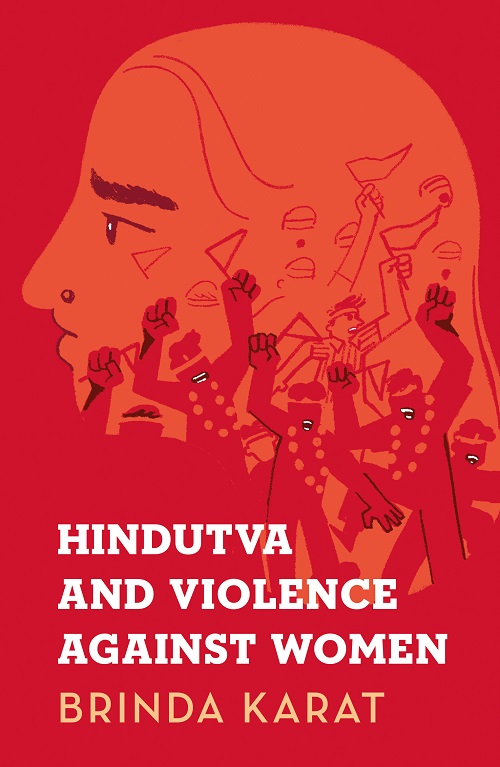HINDUTVA AND VIOLENCE AGAINST WOMEN
Availability :
In Stock
₹ 315.00
M.R.P.:₹ 450
You
Save: ₹135.00 (30.00% OFF)
(Inclusive
of all taxes)
Delivery:
₹ 0.00 Delivery charge
Author:
Brinda Karat
Publisher:
Speaking Tiger
ISBN-13:
9789354478116
Publishing Year:
April 2024
No. of Pages:
120
Weight:
140 g
Language:
English
Book Binding:
Hardcover











